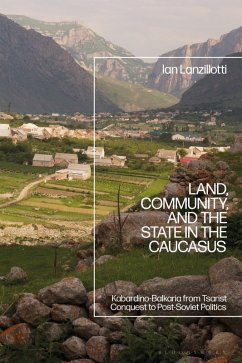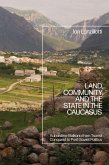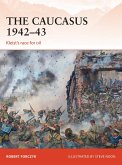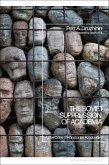In Land, Community, and the State in the Caucasus, Ian Lanzillotti traces the history of Kabardino-Balkaria from the extension of Russian rule in the late-18th century to the ethno-nationalist mobilizations of the post-Soviet era. As neighboring communities throughout the Caucasus mountain region descended into violence amidst the Soviet collapse, Russia's multiethnic Kabardino-Balkar Republic enjoyed intercommunal peace despite tensions over land and identity. Lanzillotti explores why this region avoided violent ethnicized conflict by examining the historic relationships that developed around land tenure in the Central Caucasus and their enduring legacies. This study demonstrates how Kabardino-Balkaria formed out of the dynamic interactions among the state, the peoples of the region, and the space they inhabited.
Deeply researched and elegantly argued, this book deftly balances sources from Russia's central archives with rare and often overlooked archival material from the Caucasus region to provide the first historical examination of Kabardino-Balkaria in the English language. As such, Land, Community, and the State in the Caucasus is a key resource for scholars of the Caucasus region, modern Russia, and peace studies.
Deeply researched and elegantly argued, this book deftly balances sources from Russia's central archives with rare and often overlooked archival material from the Caucasus region to provide the first historical examination of Kabardino-Balkaria in the English language. As such, Land, Community, and the State in the Caucasus is a key resource for scholars of the Caucasus region, modern Russia, and peace studies.









